[et_pb_section fb_built=”1″ admin_label=”section” _builder_version=”4.16″ custom_css_main_element=”.widget{|| margin-top: 20px !important;||}||” global_colors_info=”{}”][et_pb_row admin_label=”row” _builder_version=”4.16″ background_size=”initial” background_position=”top_left” background_repeat=”repeat” custom_width_px=”1730px” global_colors_info=”{}”][et_pb_column type=”4_4″ _builder_version=”4.16″ background_position=”top_left” custom_padding=”|||” global_colors_info=”{}” custom_padding__hover=”|||”][et_pb_code _builder_version=”4.27.4″ _module_preset=”default” global_colors_info=”{}”]
[/et_pb_code][/et_pb_column][/et_pb_row][et_pb_row column_structure=”2_3,1_3″ _builder_version=”4.16″ background_size=”initial” background_position=”top_left” background_repeat=”repeat” global_colors_info=”{}”][et_pb_column type=”2_3″ _builder_version=”4.16″ custom_padding=”|||” global_colors_info=”{}” custom_padding__hover=”|||”][et_pb_text admin_label=”intro to show” _builder_version=”4.27.4″ text_font_size_tablet=”51″ text_line_height_tablet=”2″ header_font_size_tablet=”51″ header_line_height_tablet=”2″ global_colors_info=”{}”]
Long before “cold damage” became a checkbox on exams or a buzzword among classical enthusiasts, Dr. Liu Du-Zhou was quietly doing the work—teaching, treating, and writing from a mind steeped in both lineage and clinical experience. He wasn’t just preserving tradition; he was refining it. His approach to the Shang Han Lun was rigorous yet poetic, grounded in clinical realities and shaped by decades of upheaval in 20th-century China. There’s a humility to his voice—a self-proclaimed “still-learning” doctor in his seventies—and a precision that cuts through theory to show how fire and water, yin and yang, truly move through the human body.
In this conversation with Eran Even, we explore Dr. Liu’s remarkable clarity and how it comes through in a slim but potent book that Eran has translated into English. Eran walks us through the experience of engaging deeply with Liu’s thinking, from the literary style of Zhang Zhong-Jing to the physiological relevance of Qi transformation.
Listen into this discussion as we trace the importance of channel theory, the overlooked presence of water pathologies in the modern clinic, the inner workings of fire and fluid dynamics, and how Liu Du-Zhou’s reflections on the six confirmations can shift the way we understand both health and disease.
[/et_pb_text][et_pb_code disabled_on=”||on” admin_label=”Pre Roll Banner One” _builder_version=”4.17.6″ text_orientation=”center” global_colors_info=”{}”]
[/et_pb_code][et_pb_text admin_label=”highlights” _builder_version=”4.27.4″ text_font_size_tablet=”51″ text_line_height_tablet=”2″ header_font_size_tablet=”51″ header_line_height_tablet=”2″ global_colors_info=”{}”]In This Conversation We Discuss:
- How translating a text becomes a form of apprenticeship
- Why Lu Daojiu matters—and why his voice is needed now
- Water as a modern pathology, not just a classical metaphor
- The quiet power of Ling Gui Zhu Gan Tang in contemporary clinics
- How fire and water still hold the blueprint for balance
- Qì transformation as an invitation to see, not just to fix
- The role of literary style in shaping medical understanding
- Why Dr. Huang focuses on precision, while Lu leans into poetry
- That knowing theory is not about recitation—but recognition
- How small books can carry seismic shifts in perspective
- The importance of footnotes, context, and showing your work
- Why translation is more than words—it’s participation
- The reminder that learning is never finished, and that’s the point
[/et_pb_text][et_pb_text admin_label=”About show guest” _builder_version=”4.27.4″ text_font_size_tablet=”51″ text_line_height_tablet=”2″ header_font_size_tablet=”51″ header_line_height_tablet=”2″ global_colors_info=”{}”]
The learning never ends and that’s what makes this field so beautiful! You can’t ever be bored!
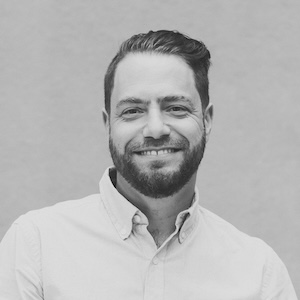 Eran Evan, P.hD
Eran Evan, P.hD
I am a Doctor of Chinese Medicine practicing in beautiful Port Moody, British Columbia, Canada. I earned my doctoral degree in 2019 from the prestigious Nanjing University of Chinese Medicine, under the guidance and mentorship of Professor Huang Huang. I have been engaged in the study and practice of ‘Jingfang’ (Classical Methods/Formulas) for the last 20 years and teaching for the last several years to students around the world as one of Professor Huang’s close disciples.
I am the translator of Chen Xiuyuan’s Formulas from the Golden Cabinet with Songs, volume 2, co-translator of my teacher Huang Huang’s ‘A Manual of Classic Formulas for Primary Care’ and have had many translations published in various journals and publications around the world.
Aside from my busy clinic and teaching schedule, I am currently working on two translation projects, the first being a clinical handbook based on the work of Liu Duzhou, and the other, a massive Shanghan Zabing Lun compilation and resource.
[/et_pb_text][et_pb_code disabled_on=”||on” admin_label=”Pre Roll Banner Two” _builder_version=”4.17.6″ text_orientation=”center” global_colors_info=”{}”]
[/et_pb_code][et_pb_text admin_label=”Links and Resources add link to FB page” _builder_version=”4.27.4″ global_colors_info=”{}”]Links and Resources
Visit Eran at The Chinese Medicine Classics Institute or at www.eraneven.com.
You can find a copy of The Essential Points on Clinical Patterns in the Shānghán lùn on Amazon.
In the conversation we mentioned Steve Clavey’s longtime interest and translation of Liu Du Zhou’s work in The Lantern. You can find those worthwhile clinical insights in Old Chinese Doctors Talk Shang Han Lun: Liu DuZhou.
[/et_pb_text][et_pb_code admin_label=”Subscribe To Podcast” _builder_version=”4.17.6″ _module_preset=”default” global_colors_info=”{}”]
Subscribe To This Podcast In Your Favourite Player
[/et_pb_code][et_pb_text admin_label=”Share on social media” _builder_version=”4.16″ module_alignment=”left” text_font_size_tablet=”51″ text_line_height_tablet=”2″ header_font_size_tablet=”51″ header_line_height_tablet=”2″ border_style=”solid” global_colors_info=”{}”]
Share this podcast with your friends!
[/et_pb_text][et_pb_code disabled_on=”||on” admin_label=”Pre Roll Banner Three” _builder_version=”4.17.6″ text_orientation=”center” global_colors_info=”{}”]
[/et_pb_code][et_pb_code disabled_on=”||on” admin_label=”Mid Roll Banner Four” _builder_version=”4.17.6″ text_orientation=”center” global_colors_info=”{}”] [/et_pb_code][et_pb_code disabled_on=”||on” admin_label=”Extro Banner Five” _builder_version=”4.17.6″ text_orientation=”center” global_colors_info=”{}”] [/et_pb_code][et_pb_code disabled_on=”||on” admin_label=”Extro Banner Legacy” _builder_version=”4.17.6″ text_orientation=”center” global_colors_info=”{}”] [/et_pb_code][/et_pb_column][et_pb_column type=”1_3″ _builder_version=”4.16″ custom_padding=”|||” global_colors_info=”{}” custom_padding__hover=”|||”][et_pb_text disabled_on=”on|on|off” admin_label=”5x Side bar ads” module_id=”sidebar_ad” _builder_version=”4.17.6″ text_font=”|600|||||||” background_color=”#f5f5f5″ text_orientation=”center” custom_padding=”||||false|false” border_width_all=”1px” global_colors_info=”{}”]Support for Qiological Comes From
[/et_pb_text][/et_pb_column][/et_pb_row][/et_pb_section]
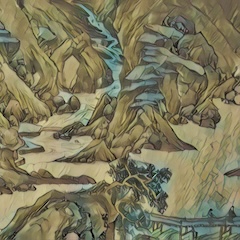

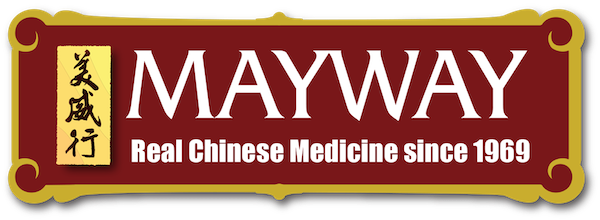



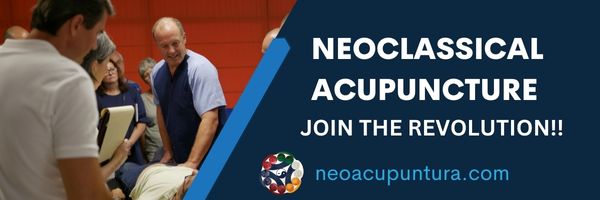




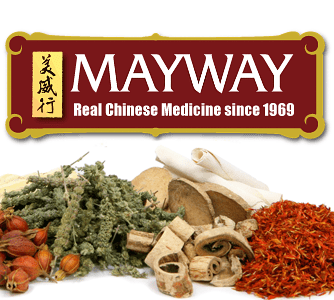
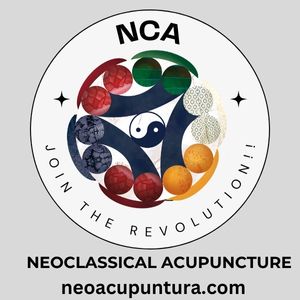


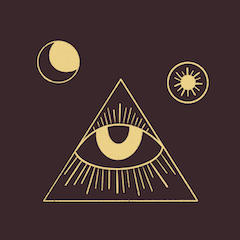
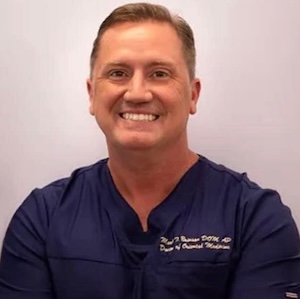 Mark T. Brinson, L.Ac
Mark T. Brinson, L.Ac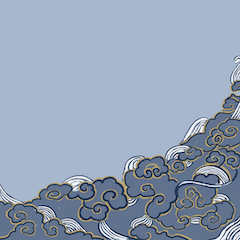
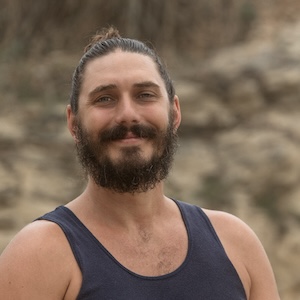
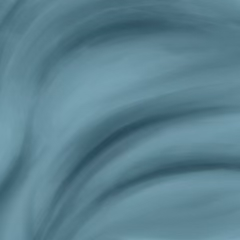
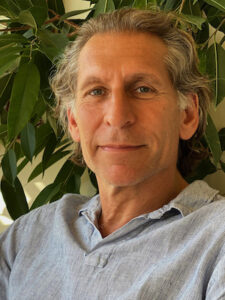 Mazin Al-Khafaji, Doctor of Chinese Medicine (Shanghai, China); FRCHM.
Mazin Al-Khafaji, Doctor of Chinese Medicine (Shanghai, China); FRCHM.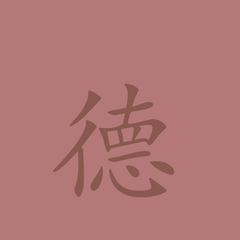
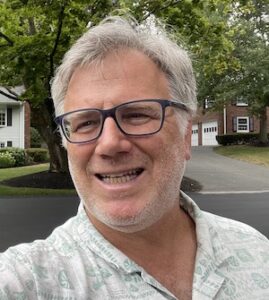 Eric Karchmer, PhD, MD (China)
Eric Karchmer, PhD, MD (China)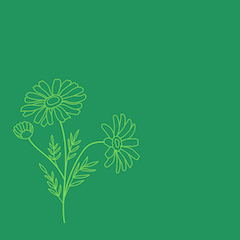
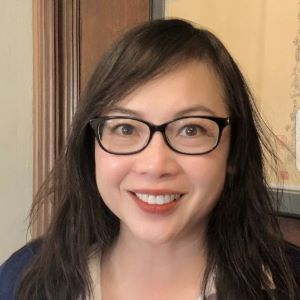 Yvonne Lau, Business Owner
Yvonne Lau, Business Owner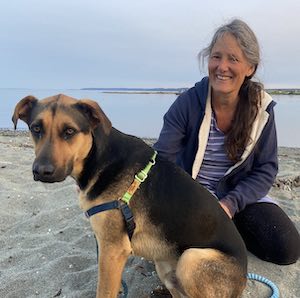 Sabine Wilms, PhD, is the author and translator of more than a dozen books on Chinese medicine. In addition to writing, translating, and publishing her work through her company
Sabine Wilms, PhD, is the author and translator of more than a dozen books on Chinese medicine. In addition to writing, translating, and publishing her work through her company 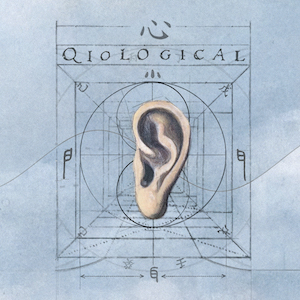
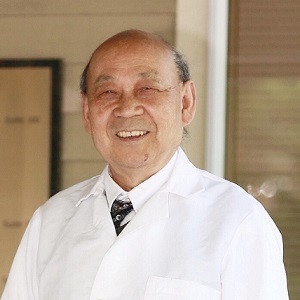 Dr. Shou-Chun Ma
Dr. Shou-Chun Ma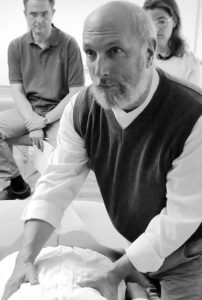 Dan Bensky
Dan Bensky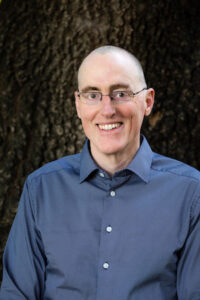 Toby Daly, L.Ac, Ph.D
Toby Daly, L.Ac, Ph.D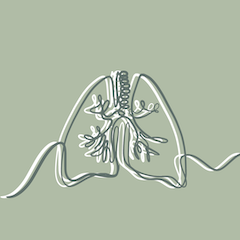
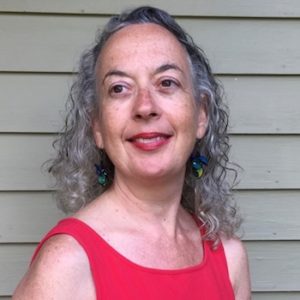 Sally has been practicing Acupuncture and prescribing East Asian Medicinals since 1998 in Brooklyn NY. After about 10 years, she was avoiding specializing, and she realized her passion was herbal medicine. She delved into the classics studying on her own and with Yaron Seidman, Ed Neal, Feng Shi-Lun, Sharon Weizenbaum, and most recently Nadine Zach. In 2005-6, she did an internship with Jean Giblette at High Falls Gardens, and subsequently added Chinese herbs to her Brooklyn backyard garden.
Sally has been practicing Acupuncture and prescribing East Asian Medicinals since 1998 in Brooklyn NY. After about 10 years, she was avoiding specializing, and she realized her passion was herbal medicine. She delved into the classics studying on her own and with Yaron Seidman, Ed Neal, Feng Shi-Lun, Sharon Weizenbaum, and most recently Nadine Zach. In 2005-6, she did an internship with Jean Giblette at High Falls Gardens, and subsequently added Chinese herbs to her Brooklyn backyard garden. 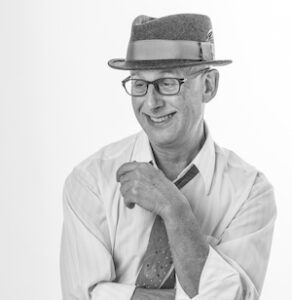 When I was living and studying medicine in Beijing in 2003, Craig Mitchell shared with me a book he found on herbal medicine. Back at that time I was working on my Chinese and it was not very good, but reading interesting books on medicine was a way I encouraged myself to keep at the Chinese.
When I was living and studying medicine in Beijing in 2003, Craig Mitchell shared with me a book he found on herbal medicine. Back at that time I was working on my Chinese and it was not very good, but reading interesting books on medicine was a way I encouraged myself to keep at the Chinese.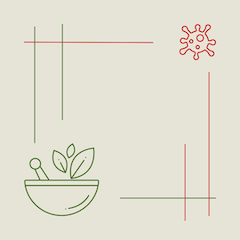
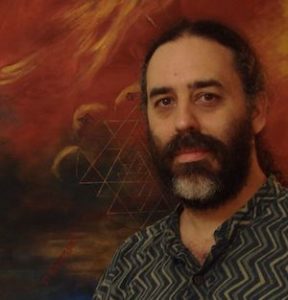 After becoming enthralled with Japanese culture in high school, through Clavell’s Shogun, Alan Watts, and D T Suzuki, I eventually pursued an academic career track in Asian and Buddhist studies at University of Pennsylvania and UCLA. My plans took a turn when I was in Taiwan studying Chinese language at the Stanford Center. Curious about acupuncture, I was introduced to Dr. Lee Chen-Yu, who immediately accepted me as a student, put a Chinese medical book in my hands, and told me to start reading.
After becoming enthralled with Japanese culture in high school, through Clavell’s Shogun, Alan Watts, and D T Suzuki, I eventually pursued an academic career track in Asian and Buddhist studies at University of Pennsylvania and UCLA. My plans took a turn when I was in Taiwan studying Chinese language at the Stanford Center. Curious about acupuncture, I was introduced to Dr. Lee Chen-Yu, who immediately accepted me as a student, put a Chinese medical book in my hands, and told me to start reading. 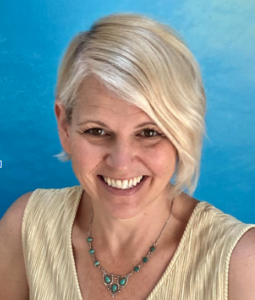
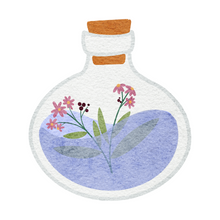
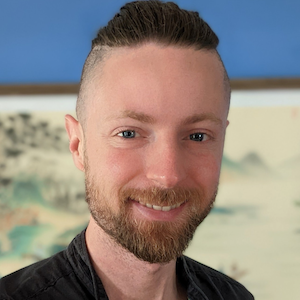 Hi! My name is Loren, and I’m one of the few second generation practitioners of Traditional Chinese Medicine outside of the East Asian community. Growing up around acupuncture and herbal medicine engendered within me a keen interest in the Chinese sciences. And when I began my undergraduate education, I finally had the opportunity to travel to China where I fulfilled my childhood dream of studying Mandarin.
Hi! My name is Loren, and I’m one of the few second generation practitioners of Traditional Chinese Medicine outside of the East Asian community. Growing up around acupuncture and herbal medicine engendered within me a keen interest in the Chinese sciences. And when I began my undergraduate education, I finally had the opportunity to travel to China where I fulfilled my childhood dream of studying Mandarin. I first experienced how effective Acupuncture can be after suffering a back injury as a teenager. I was unable to walk without pain, and doctors were unable to offer any solutions. My mother took me to see an acupuncturist. It was like a hot knife through butter – I walked out of his very first treatment without pain. After going to Acupuncture school, I discovered multitude of schools I’ve thought and studied with many teachers.
I first experienced how effective Acupuncture can be after suffering a back injury as a teenager. I was unable to walk without pain, and doctors were unable to offer any solutions. My mother took me to see an acupuncturist. It was like a hot knife through butter – I walked out of his very first treatment without pain. After going to Acupuncture school, I discovered multitude of schools I’ve thought and studied with many teachers. 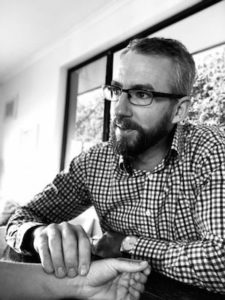 Simon Feeney is the Director of Empirical Health.
Simon Feeney is the Director of Empirical Health. 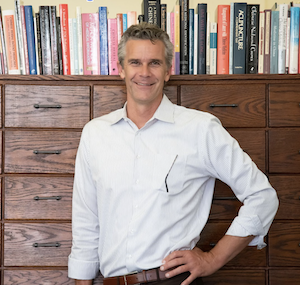 I have been in private practice as well as providing adjunct care for several clinics and hospitals since 2005. I have worked collaboratively with The Pine Street Clinic, POST Wellness, The Center for Neck and Back Pain, Doctor’s Hospital, and Elephant Pharmacy. I am a Subject Matter Expert for the California Acupuncture Board and for legal disputes involving acupuncture and chinese medicine.
I have been in private practice as well as providing adjunct care for several clinics and hospitals since 2005. I have worked collaboratively with The Pine Street Clinic, POST Wellness, The Center for Neck and Back Pain, Doctor’s Hospital, and Elephant Pharmacy. I am a Subject Matter Expert for the California Acupuncture Board and for legal disputes involving acupuncture and chinese medicine. 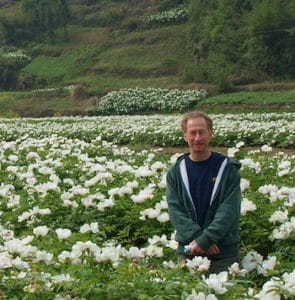
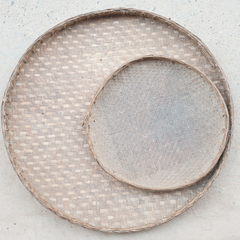
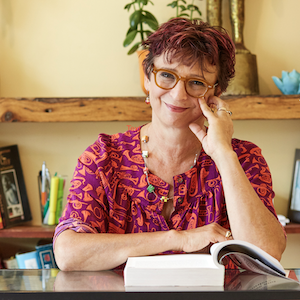 Cara Frank, L.OM., is an acupuncturist, herbalist, businesswoman, and author. She was raised in a health food store in Brooklyn, NY. When she was 8, she cartwheeled 5 miles from Greenwich Village through Soho and Chinatown and across the Brooklyn Bridge. For nearly 40 years, Cara has had the same crazy passion for Chinese medicine. At 17, she had her first acupuncture treatment. At 20, she enrolled in acupuncture school. In 1998 she went to China to study, where she fell deeply in love with East Asian Herbs. Since then, she has devoted her life to studying and teaching the topic.
Cara Frank, L.OM., is an acupuncturist, herbalist, businesswoman, and author. She was raised in a health food store in Brooklyn, NY. When she was 8, she cartwheeled 5 miles from Greenwich Village through Soho and Chinatown and across the Brooklyn Bridge. For nearly 40 years, Cara has had the same crazy passion for Chinese medicine. At 17, she had her first acupuncture treatment. At 20, she enrolled in acupuncture school. In 1998 she went to China to study, where she fell deeply in love with East Asian Herbs. Since then, she has devoted her life to studying and teaching the topic.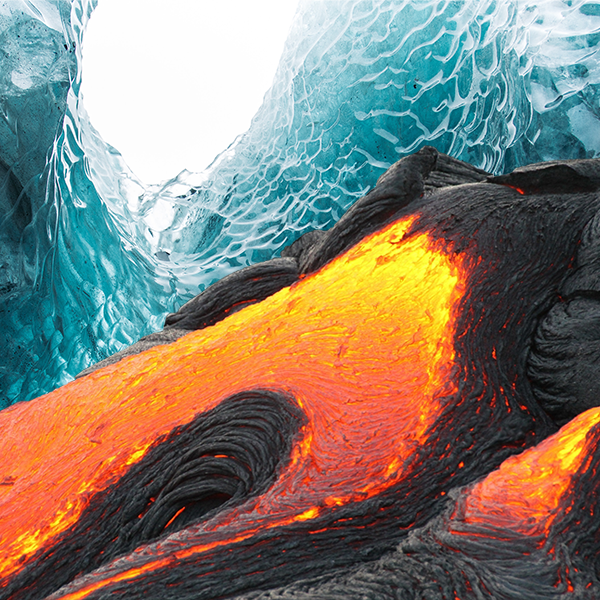
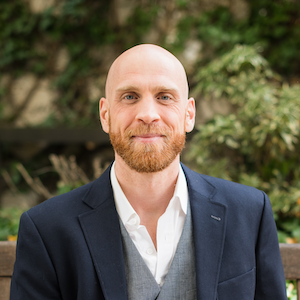 Bryan McMahon, L.Ac
Bryan McMahon, L.Ac
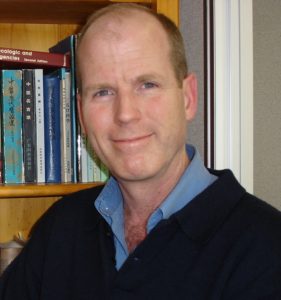 Steve Clavey
Steve Clavey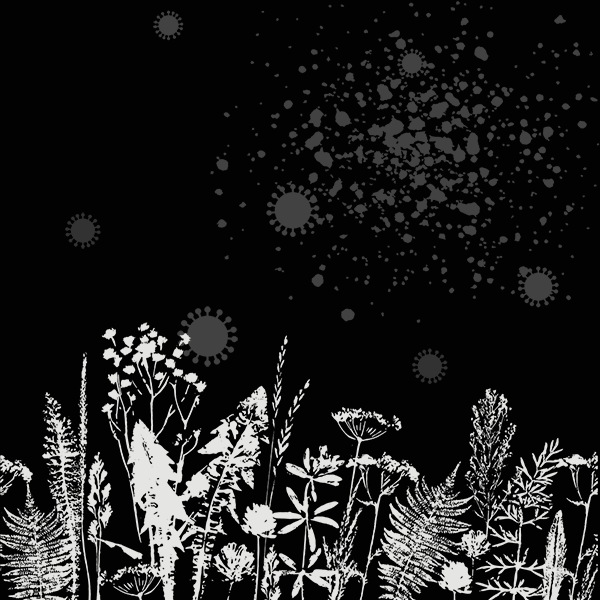
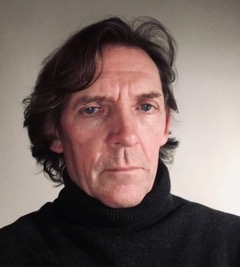 Nigel Dawes
Nigel Dawes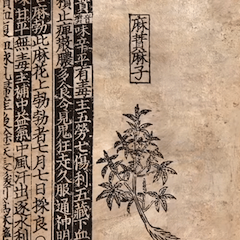
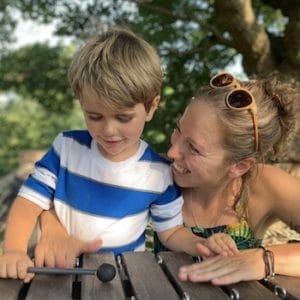 I developed an interest in public health and medicine after being diagnosed with Cutaneous Leishmaniasis in high school. As one of the first cases diagnosed in Costa Rica, I was drawn to study Ecology and Evolutionary Biology at CU Boulder where I began to understand how diseases evolve along with us and the deep connection between humans and our environment. Eventually, I was drawn to Chinese medicine as a way to address public health issues. I received my Masters of Oriental Medicine from Southwest Acupuncture College in Boulder and spent time studying at Heilongjiang University Hospital in Harbin, China.
I developed an interest in public health and medicine after being diagnosed with Cutaneous Leishmaniasis in high school. As one of the first cases diagnosed in Costa Rica, I was drawn to study Ecology and Evolutionary Biology at CU Boulder where I began to understand how diseases evolve along with us and the deep connection between humans and our environment. Eventually, I was drawn to Chinese medicine as a way to address public health issues. I received my Masters of Oriental Medicine from Southwest Acupuncture College in Boulder and spent time studying at Heilongjiang University Hospital in Harbin, China.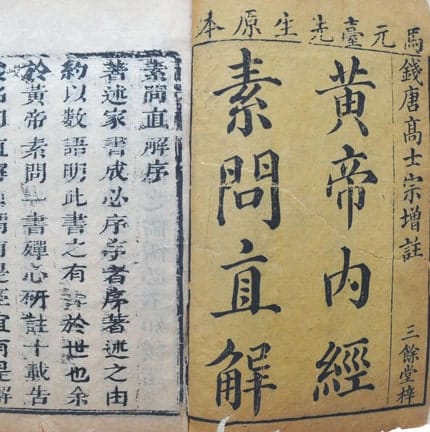
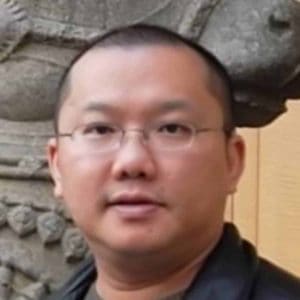 Leo Lok L.Ac. (M.Ac.O.M) is a licensed practitioner of Chinese Medicine and has a private practice in the San Francisco Bay Area.
Leo Lok L.Ac. (M.Ac.O.M) is a licensed practitioner of Chinese Medicine and has a private practice in the San Francisco Bay Area.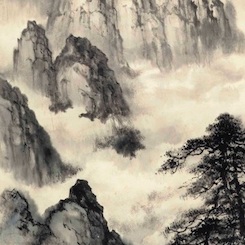
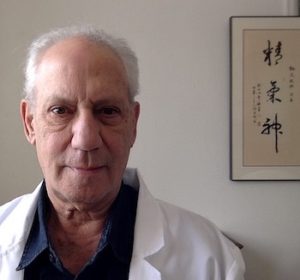 I started clinical practice in 1978. That’s over 40 years! Yikes. There were no acupuncture schools when I started. I apprenticed with a Korean master for 7 years, in Chicago. He practiced meridian therapy, and and felt that all health problems can be fixed by “balancing the meridians!”. Later, I apprenticed with two herbalists, one a Chinatown doctor from Hong Kong, the other a well-trained TCM doctor from Lanzhou, China. I was fascinated by the colorful boxes of the patent medicines in the Chinatown pharmacy, and I wrote my first book on Chinese patent medicines in 1986. In 2001, that book got expanded into “Chinese Herbal Patent Medicines”, and then that book got completely rewritten in 2014 as “Essential Chinese Formulas”, concentrating on the GMP available products. It combined traditional indications, with commentaries from my own personal experience. I love this last book, it has so much practical information! I spent a year in Chinese hospitals studying herbal medicine in 1987-1988, which really developed my clinical skills, and then I taught herbal medicine since 1982 at various TCM colleges in the US, and to graduate seminars. In clinic, I specialize in internal disorders, respiratory, GI, pediatrics, and infections.
I started clinical practice in 1978. That’s over 40 years! Yikes. There were no acupuncture schools when I started. I apprenticed with a Korean master for 7 years, in Chicago. He practiced meridian therapy, and and felt that all health problems can be fixed by “balancing the meridians!”. Later, I apprenticed with two herbalists, one a Chinatown doctor from Hong Kong, the other a well-trained TCM doctor from Lanzhou, China. I was fascinated by the colorful boxes of the patent medicines in the Chinatown pharmacy, and I wrote my first book on Chinese patent medicines in 1986. In 2001, that book got expanded into “Chinese Herbal Patent Medicines”, and then that book got completely rewritten in 2014 as “Essential Chinese Formulas”, concentrating on the GMP available products. It combined traditional indications, with commentaries from my own personal experience. I love this last book, it has so much practical information! I spent a year in Chinese hospitals studying herbal medicine in 1987-1988, which really developed my clinical skills, and then I taught herbal medicine since 1982 at various TCM colleges in the US, and to graduate seminars. In clinic, I specialize in internal disorders, respiratory, GI, pediatrics, and infections.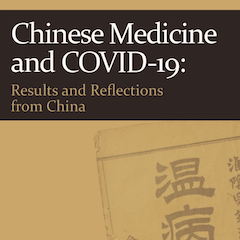
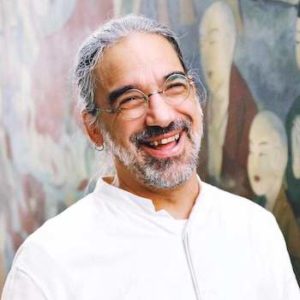 Thomas Avery Garran, P.hD
Thomas Avery Garran, P.hD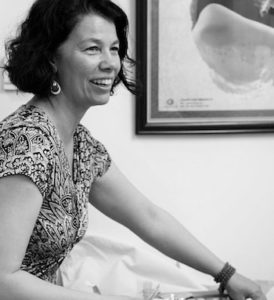

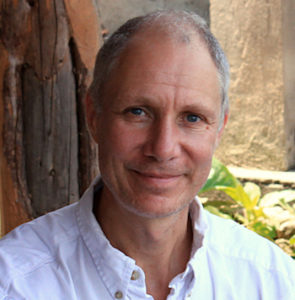 Heiner Fruehauf, P.hD, L.Ac
Heiner Fruehauf, P.hD, L.Ac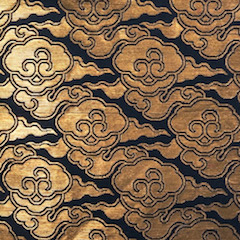
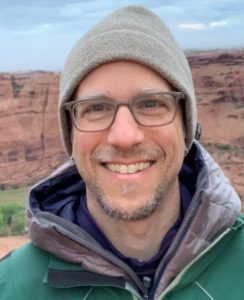 Craig Mitchell, Ph.D, L.Ac
Craig Mitchell, Ph.D, L.Ac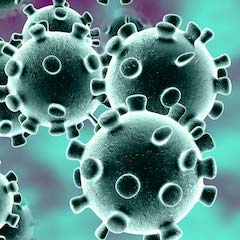
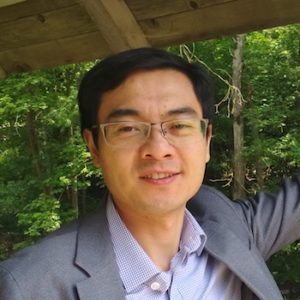 Doctor Jin Zhao
Doctor Jin Zhao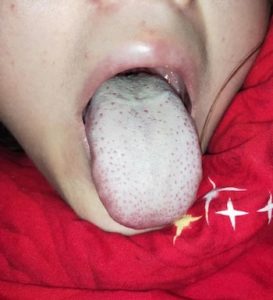
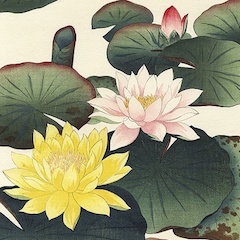
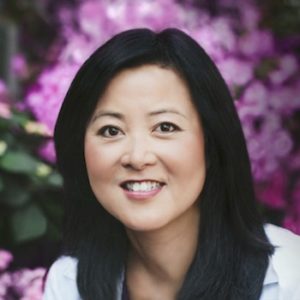 Olivia Hsu Friedman, DAOM, L.Ac
Olivia Hsu Friedman, DAOM, L.Ac 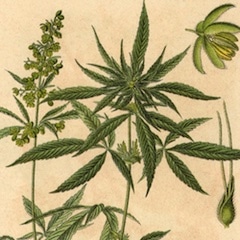
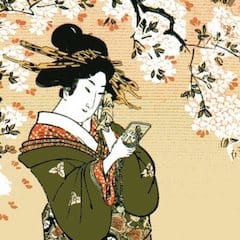
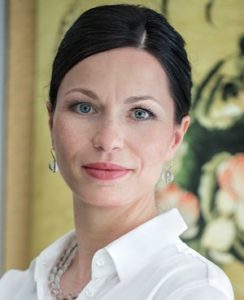

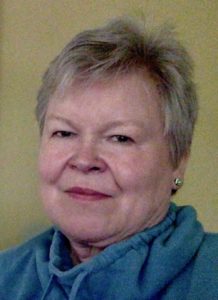 In late 1993 Chinese herbal medicine hit me like a bolt from the blue. I was at Lin Sister Herb Shop in New York Chinatown, soon after that was led to study with Dr. Jeffrey C. Yuen and was launched on an incredible journey.
In late 1993 Chinese herbal medicine hit me like a bolt from the blue. I was at Lin Sister Herb Shop in New York Chinatown, soon after that was led to study with Dr. Jeffrey C. Yuen and was launched on an incredible journey.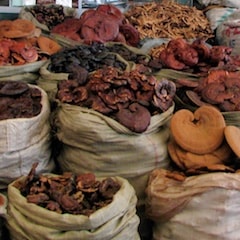
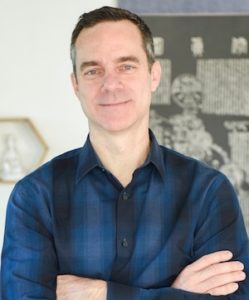 Robert Hoffman, DAOM, L.Ac
Robert Hoffman, DAOM, L.Ac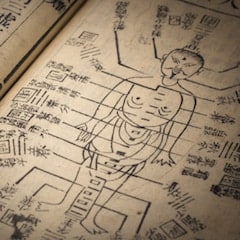
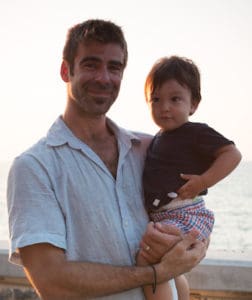
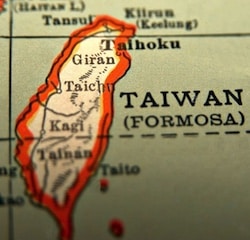
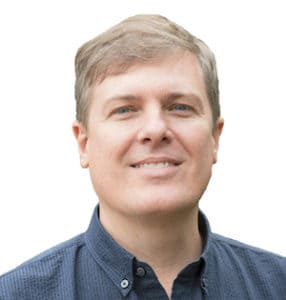 I became interested in Chinese medicine when I was an early teen because I had been active in martial arts where I witnessed on a few occasions some ‘kung fu’ medical treatments by my kung fu teachers. I was amazed to see a nose that was broken sideways get pulled straight, a chronic migraine get immediate long term relief following ‘acupuncture’ with a cutting needle, simple herbal combinations that effectively treat difficult issues such as a double retinal detachment and facial palsy, and the use of herbs for martial arts and qigong cultivation.
I became interested in Chinese medicine when I was an early teen because I had been active in martial arts where I witnessed on a few occasions some ‘kung fu’ medical treatments by my kung fu teachers. I was amazed to see a nose that was broken sideways get pulled straight, a chronic migraine get immediate long term relief following ‘acupuncture’ with a cutting needle, simple herbal combinations that effectively treat difficult issues such as a double retinal detachment and facial palsy, and the use of herbs for martial arts and qigong cultivation.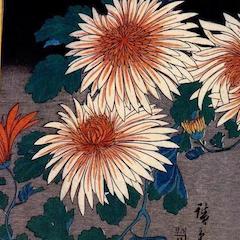
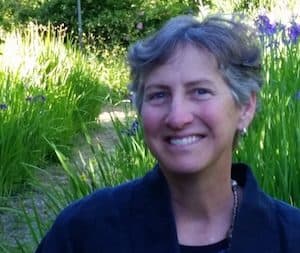
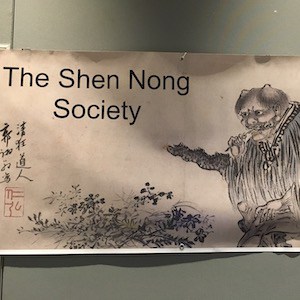
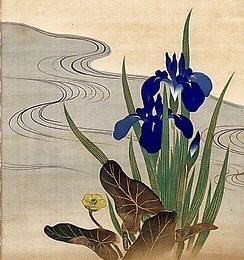
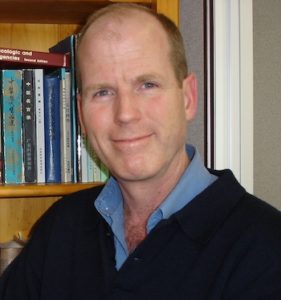 Steve Clavey, L.Ac
Steve Clavey, L.Ac 
 Nigel Dawes, L.Ac
Nigel Dawes, L.Ac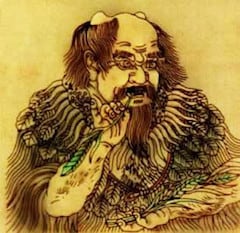
 I started out as a dancer and evolved from there into healing my body with sound and breathing techniques. Eventually I explored Chinese Medicine theory, studying with Jeffrey Yuen in Chinatown in NY and fell in love with the herbs. I loved the way they looked and smelled and so many of them were roots, with a very earthy quality. Once I got through acupuncture school and started practicing, I grounded my affinity with the plants themselves by doing an internship at High Falls Gardens with Jean Giblette (I’m now on the board of the High Falls Foundation). At some point I decided to dive deeper into the intellectual practice of studying the Shang Han Lun in order to become a more effective herbalist. I think studying with Sharon Weizenbaum helped me feel much more confident in my diagnostic skills and then studying with Dr. Feng Shi-Lun, the SHL formulas and the 6 conformations became even more clear.
I started out as a dancer and evolved from there into healing my body with sound and breathing techniques. Eventually I explored Chinese Medicine theory, studying with Jeffrey Yuen in Chinatown in NY and fell in love with the herbs. I loved the way they looked and smelled and so many of them were roots, with a very earthy quality. Once I got through acupuncture school and started practicing, I grounded my affinity with the plants themselves by doing an internship at High Falls Gardens with Jean Giblette (I’m now on the board of the High Falls Foundation). At some point I decided to dive deeper into the intellectual practice of studying the Shang Han Lun in order to become a more effective herbalist. I think studying with Sharon Weizenbaum helped me feel much more confident in my diagnostic skills and then studying with Dr. Feng Shi-Lun, the SHL formulas and the 6 conformations became even more clear.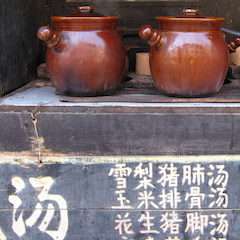
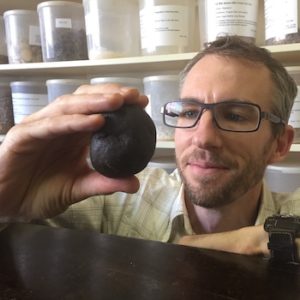 I studied Traditional Medicine under a Theravadin Buddhist Monk for the past 25 years. This inspired my formal studies in Melbourne at the Southern School of Natural Therapies where I completed my Bachelor Degree of Chinese Herbal Medicine and Traditional Chinese Acupuncture.
I studied Traditional Medicine under a Theravadin Buddhist Monk for the past 25 years. This inspired my formal studies in Melbourne at the Southern School of Natural Therapies where I completed my Bachelor Degree of Chinese Herbal Medicine and Traditional Chinese Acupuncture. 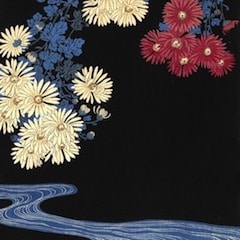
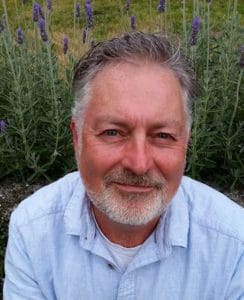
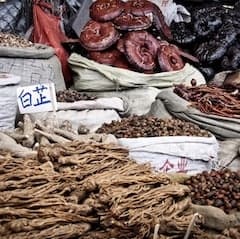
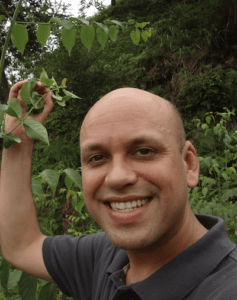 Eric Brand, PhD, L.Ac
Eric Brand, PhD, L.Ac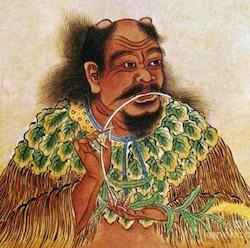
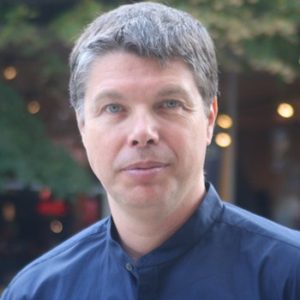
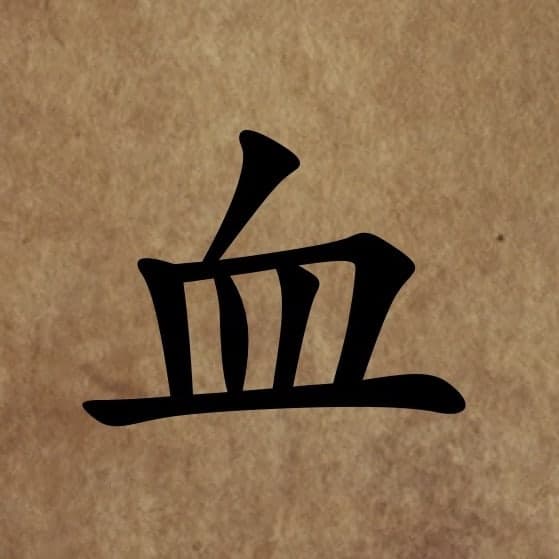
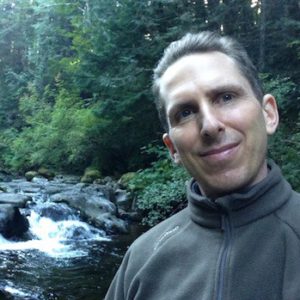 Greg Livingston, PhD, LAc, is unique amongst Chinese medicine practitioners in the west. He completed a Chinese Medicine PhD in China, entirely in Chinese, and is one of the few westerners licensed to practice Chinese Medicine in China, where he spent over ten years in total as a student, teacher, and Chinese Medicine physician. Dr. Livingston has over 20 years of clinical experience specializing in general internal medicine with an emphasis on cardiovascular and respiratory diseases. He especially enjoys the challenge of working with individuals who have stubborn and difficult conditions.
Greg Livingston, PhD, LAc, is unique amongst Chinese medicine practitioners in the west. He completed a Chinese Medicine PhD in China, entirely in Chinese, and is one of the few westerners licensed to practice Chinese Medicine in China, where he spent over ten years in total as a student, teacher, and Chinese Medicine physician. Dr. Livingston has over 20 years of clinical experience specializing in general internal medicine with an emphasis on cardiovascular and respiratory diseases. He especially enjoys the challenge of working with individuals who have stubborn and difficult conditions.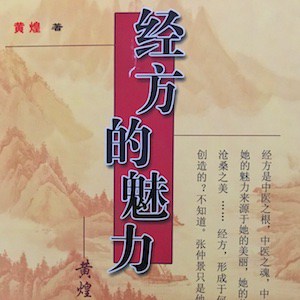
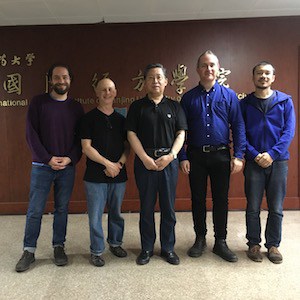 Dr. Huang Huang is a professor at the Nanjing University of Chinese Medicine, a prolific author, busy and much in demand clinician and the founder of the International Jing Fang Institute of Nanjing University of Chinese Medicine.
Dr. Huang Huang is a professor at the Nanjing University of Chinese Medicine, a prolific author, busy and much in demand clinician and the founder of the International Jing Fang Institute of Nanjing University of Chinese Medicine.
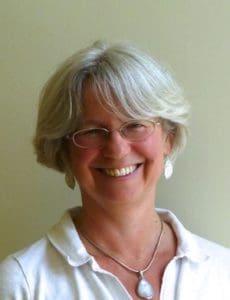 Originally a composer and Baroque violinist, Frances spent 17 years touring and recording with the leading UK Baroque orchestras and ensembles. At the same time she gradually trained as a complementary health practitioner, starting with healing, adding massage then aromatherapy, and setting up the Frances Turner Clinic in 1990. She studied acupuncture and Chinese Herbal Medicine at the London Academy of Oriental Medicine and the London College of Traditional Acupuncture, and added these skills to her practice in 1998. She now runs a practice at the Cholsey Complementary Health Centre, in Cholsey near Wallingford, Oxfordshire.
Originally a composer and Baroque violinist, Frances spent 17 years touring and recording with the leading UK Baroque orchestras and ensembles. At the same time she gradually trained as a complementary health practitioner, starting with healing, adding massage then aromatherapy, and setting up the Frances Turner Clinic in 1990. She studied acupuncture and Chinese Herbal Medicine at the London Academy of Oriental Medicine and the London College of Traditional Acupuncture, and added these skills to her practice in 1998. She now runs a practice at the Cholsey Complementary Health Centre, in Cholsey near Wallingford, Oxfordshire.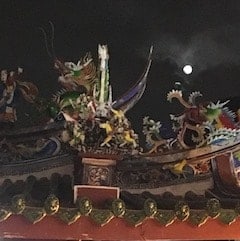
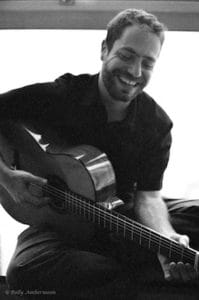 Chinese medicine has been a long passion of mine beginning with studies in herbal medicine 20 years ago. I completed my formal education in all branches of Chinese medicine in 2003 in both Canada and the PRC.
Chinese medicine has been a long passion of mine beginning with studies in herbal medicine 20 years ago. I completed my formal education in all branches of Chinese medicine in 2003 in both Canada and the PRC.
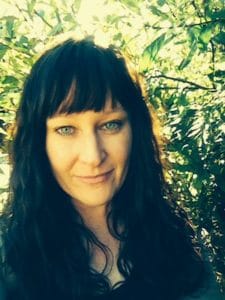 Phiona Gritsam
Phiona Gritsam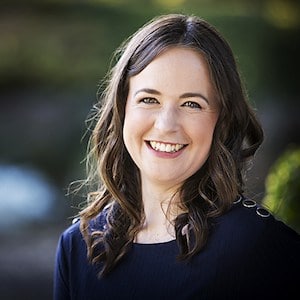 Clare Pyers
Clare Pyers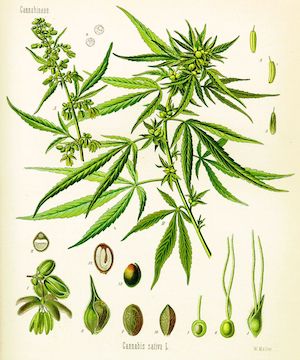
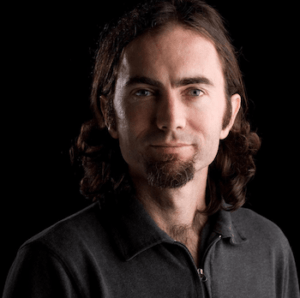 My name is Chad Conner and I have over 18 years of experience developing and overseeing successful, integrative medicine centers in both the United States and abroad. As a licensed acupuncturist, herbalist and massage therapist with a Master of Science in Oriental Medicine, I have provided Chinese Medical services to the University of San Diego medical school free clinic, and San Diego Hospice while also running a successful private practice for 18 years. I have also served as an assistant professor at Pacific College of Oriental Medicine.
My name is Chad Conner and I have over 18 years of experience developing and overseeing successful, integrative medicine centers in both the United States and abroad. As a licensed acupuncturist, herbalist and massage therapist with a Master of Science in Oriental Medicine, I have provided Chinese Medical services to the University of San Diego medical school free clinic, and San Diego Hospice while also running a successful private practice for 18 years. I have also served as an assistant professor at Pacific College of Oriental Medicine.
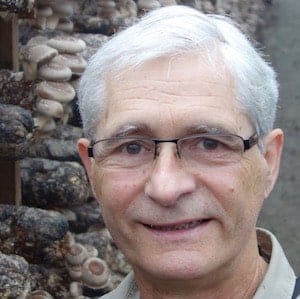
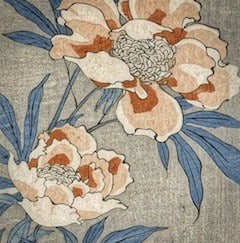
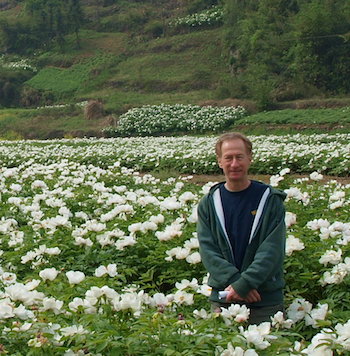 I began my study of Chinese medicine at the New England School of Acupuncture in 1981 with Dr. James So. In 1983 I went to Taiwan to study Chinese and apprenticed in herbology and acupuncture there with Xu Fu-Su in Zhang Hua. I also studied with Chen Jun-Ming in Taipei. In 1986 I went to mainland China and studied acupuncture with Dr. Shi Neng-Yun for six months and in 1988 returned to Xiamen to study dermatology, gynecology and internal medicine at the Xiamen Chinese medical hospital. I lived at the hospital for about a year. In 1990 I had the opportunity to study ear, nose and throat with Dr. Gan Zu-Wang in a one-month intensive program in Xiamen.
I began my study of Chinese medicine at the New England School of Acupuncture in 1981 with Dr. James So. In 1983 I went to Taiwan to study Chinese and apprenticed in herbology and acupuncture there with Xu Fu-Su in Zhang Hua. I also studied with Chen Jun-Ming in Taipei. In 1986 I went to mainland China and studied acupuncture with Dr. Shi Neng-Yun for six months and in 1988 returned to Xiamen to study dermatology, gynecology and internal medicine at the Xiamen Chinese medical hospital. I lived at the hospital for about a year. In 1990 I had the opportunity to study ear, nose and throat with Dr. Gan Zu-Wang in a one-month intensive program in Xiamen.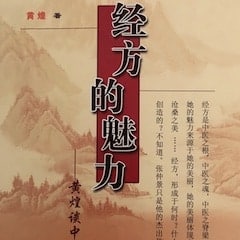
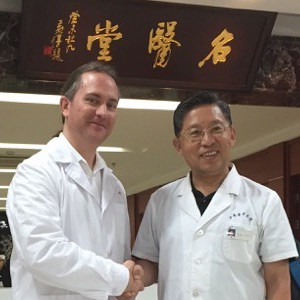 Mark Gearing is a PhD student of D.r Huang Huang at Nanjing University of Traditional Chinese Medicine. Mark has been practicing Chinese Medicine for almost 20 years and has a keen interest in Classical Formulas (Jing Fang).
Mark Gearing is a PhD student of D.r Huang Huang at Nanjing University of Traditional Chinese Medicine. Mark has been practicing Chinese Medicine for almost 20 years and has a keen interest in Classical Formulas (Jing Fang).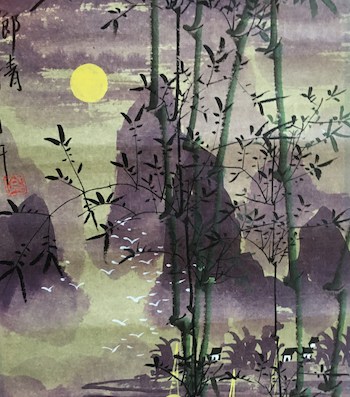
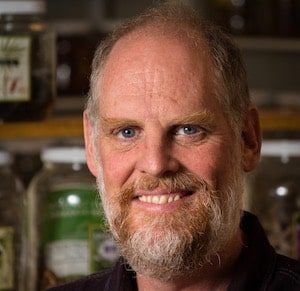 Michael owns Stone Mountain Medicine, an acupuncture clinic and herbal pharmacy in Berkeley California. After graduating from ACTCM in San Francisco he spent 8 years in Taiwan and China continuing his studies in the clinics of many well-known physicians, including Huang Huang, Feng Shi Lun, Wang Ju Yi, Chang Bu Tao, Chen Jun Ming and others He speaks fluent Mandarin and has edited and translated numerous articles and books about Chinese medicine.
Michael owns Stone Mountain Medicine, an acupuncture clinic and herbal pharmacy in Berkeley California. After graduating from ACTCM in San Francisco he spent 8 years in Taiwan and China continuing his studies in the clinics of many well-known physicians, including Huang Huang, Feng Shi Lun, Wang Ju Yi, Chang Bu Tao, Chen Jun Ming and others He speaks fluent Mandarin and has edited and translated numerous articles and books about Chinese medicine.